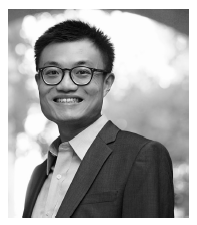ABSTRACT
Media censorship is a hallmark of authoritarian regimes. We conduct a field experiment in China to measure the effects of providing citizens with access to an uncensored Internet. We track subjects’ media consumption, beliefs regarding the media, economic beliefs, political attitudes, and behaviors over 18 months. We find four main results: (i) free access alone does not induce subjects to acquire politically sensitive information; (ii) temporary encouragement leads to a persistent increase in acquisition, indicating that demand is not permanently low; (iii) acquisition brings broad, substantial, and persistent changes to knowledge, beliefs, attitudes, and intended behaviors; and (iv) social transmission of information is statistically significant but small in magnitude. We calibrate a simple model to show that the combination of low demand for uncensored information and the moderate social transmission means China’s censorship apparatus may remain robust to a large number of citizens receiving access to an uncensored Internet.
SPEAKER

David Yang Harvard University
David Yang is currently a Prize Fellow in Economics, History, and Politics at Harvard and a Postdoctoral Fellow at J-PAL at MIT. He will join Harvard Economics Department as an Assistant Professor in 2020. David’s research focuses on political economy, behavioral and experimental economics, economic history, and cultural economics. In particular, David studies the forces of stability and forces of changes in authoritarian regimes, drawing lessons from historical and contemporary China. David received a B.A. in Statistics and B.S. in Business Administration from University of California at Berkeley, and PhD in Economics from Stanford.
Light refereshments will be provided. Please RSVP to cals@allard.ubc.ca.